
Chancellor Philip Hammond delivered his third Budget, in the final Budget prior to the official deadline prior to leaving the European Union.
A summary of his 72 minute Budget speech is now summarised – highlighting what it means for investors and the financially prepared.
Rumours, predictions and speculation are always part of the financial press prior to a Budget. Pensions are often part of Budget speculation, where the 2018 Budget was expectant of further reductions to the Annual Allowance for high earners. This expectation did not develop….
A Budget is first looked at by consumers in relation to fuel, cigarettes and Alcohol, and subsequently ‘give-aways’ and tax impact.
There was little by way of ‘give-aways’ other than the headline grabbing acceleration to the personal allowance increase from the start of the next tax year.
Personal Allowance increases to £12,500 per annum and £50,000 for higher rate tax payers.
Summary – Budget 2018
Chancellor Hammond made a number of focused points such as “turning point in our history” – against a back-drop of negotiations with the EU and “the stakes could not be higher” along with “I didn’t come in to politics to put taxes up”. Chancellor Hammond left the door open for a Spring ‘Emergency’ Budget should one be required following the Brexit deadline date.
Key points at a glance
Personal taxation and wages
- The personal allowance threshold, the rate at which people start paying income tax at 20%, to rise from £11,850 to £12,500 in April – a year earlier than planned
- The higher rate income tax threshold, the point at which people start paying tax at 40%, to rise from £46,350 to £50,000 in April
- After that, the two rates will rise in line with inflation
- National Living Wage increasing by 4.9%, from £7.83 to £8.21 an hour, from April 2019.
- Tax rates and thresholds are different in Scotland. The Scottish government’s Finance Secretary Derek Mackay will set out his income plan for Scottish tax payers on 12 December.
Alcohol, tobacco and fuel

- Beer, cider and spirits duties to be frozen
- Cost of a bottle of wine duty to rise by 8p, in line with inflation, in February
- Tobacco duty will continue to rise by inflation plus 2%
- A packet of 20 cigarettes will go up by 33p at 18.00 GMT
- A ten gram pack of cigars goes up by 17p.
- Fuel duty to be frozen for ninth year in a row
- Remote Gaming Duty to increase to 21% for online gambling on “games of chance” from 2019
Stamp duty and housing

- All first-time buyers purchasing shared equity homes of up to £500,000 to be exempt from stamp duty
- £500m for the Housing Infrastructure Fund, designed to enable a further 650,000 homes to be built
- Lettings relief limited to properties where the owner is in shared occupancy with the tenant
- New partnerships with housing associations in England to deliver 13,000 homes
- Guarantees of up to £1bn for smaller house-builders
Welfare and pensions

- Work allowances for universal credit to be increased by £1.7bn
- 2.4 million working families with children to benefit by £630 a year
- An extra £1bn to help welfare claimants transfer to the new consolidated benefit
- Chancellor insists controversial system is “here to stay”
The state of the economy

- Era of austerity is “finally coming to an end”, the chancellor says
- 2018 growth forecast downgraded to 1.3% from 1.5% in March, due to impact of bad Spring weather
- But forecast for 2019 raised from 1.3% to 1.6% and annual forecasts raised to 1.4%, 1.4%, 1.5% and 1.6% in 2020, 2021, 2022 and 2023 respectively.
- 3.3 million more people in work since 2010 and 800,000 more jobs forecast by 2022.
- Wages growth at its highest in nearly a decade
The state of the public finances
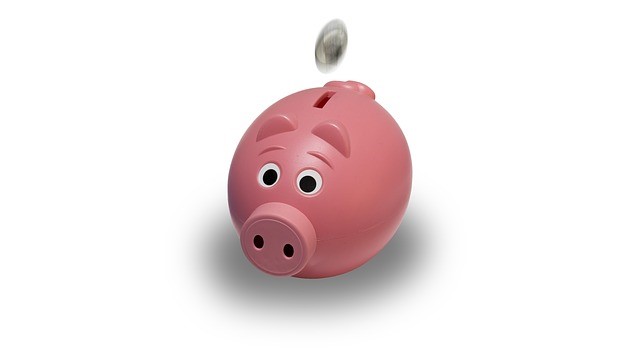
- Public borrowing in 2018 to be £11.6bn lower than forecast in March, representing 1.2% of gross domestic product, (GDP) the total value of goods produced and services provided
- Borrowing as a share of GDP to rise to 1.4% next year
- Borrowing to total £31.8bn, £26.7bn. £23.8bn, £20.8bn and £19.8bn in next five years
- Debt as share of GDP peaked at 85.2% in 2016-17, falling to 83.7% this year and to 74.1% by 2023-24
- 1.2% annual average growth in departmental spending promised
Brexit
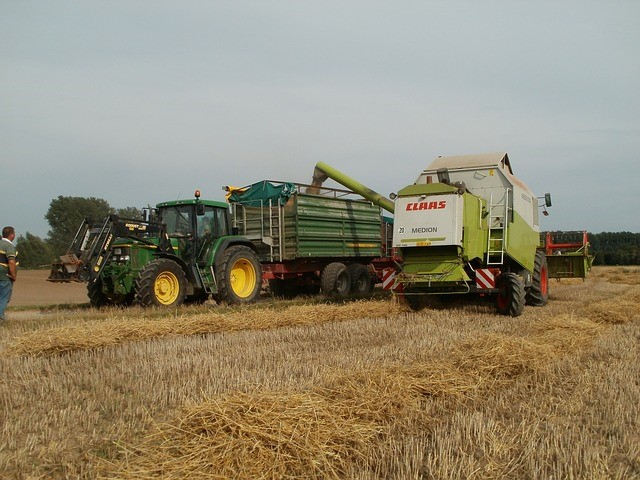
- Extra £500m for preparations for leaving the EU
- Spring Statement next March could be upgraded to full Budget if needed
- A commemorative 50p coin to mark the UK’s departure from the EU Special 50p coin to mark Brexit
Defence and security

- An extra £160m for counter-terrorism police
- An extra £1bn for armed forces, for cyber-capabilities and the UK’s new nuclear submarine programme
- £10m for mental health care for veterans, to mark the centenary of the Armistice which brought World War One to an end
- £1m to fund school trips to World War one battlefields
- £1.7m in Holocaust education programmes to mark the 75th anniversary of the liberation of Bergen-Belsen concentration camp, in northern Germany
Business and digital
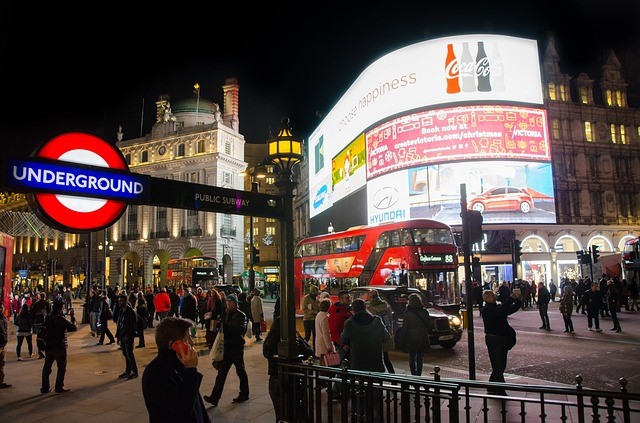
- New 2% digital services tax on UK revenues of big technology companies, from April 2020
- Profitable companies with global sales of more than £500m will be liable
- Private finance initiative (PFI) contracts to be abolished in future
- New centre of excellence to manage existing deals “in the taxpayer’s interest”
- Annual investment allowance to be increased from £200,000 to £1m for two years
- Contribution of small companies to apprenticeship levy to be reduced from 10% to 5%
- Business rates bill for firms with a rateable value of £51,000 or less to be cut by third over two years
- Measure to benefit 90% of independent shops, pubs and restaurants, cutting bills by £8,000
- £900m in business rates relief for small businesses and £650m to rejuvenate High Streets
- New 100% mandatory business rates relief for all lavatories made available for public use
- Extending changes to the way self-employment status is taxed, from the public sector to medium and large private companies, from 2020 Tech giants face digital services tax
Education and health (England only)
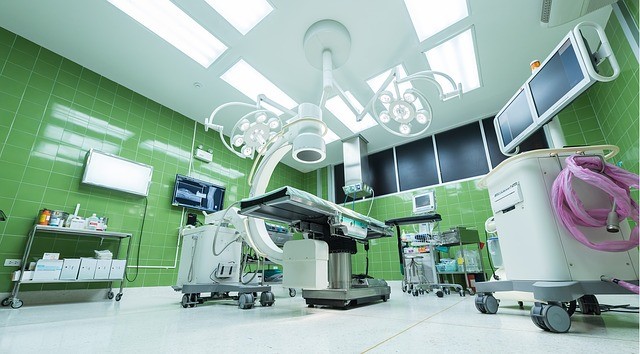
- Confirmation of an extra £20.5bn for the NHS over the next five years
- A minimum extra £2bn a year for mental health services
- New mental health crisis centres, providing support in every accident and emergency unit in the country
- More mental health ambulances and a 24-hour mental health crisis hotline.
- An extra £700m for councils, for care for the elderly and those with disabilities
- £10m for air ambulances
- A one-off £400m “bonus” to help schools buy “the little extras they need” this year
- Funding for 10 University Enterprise Zones ‘Little extras’ funding boost for schools‘
Transport, infrastructure and culture
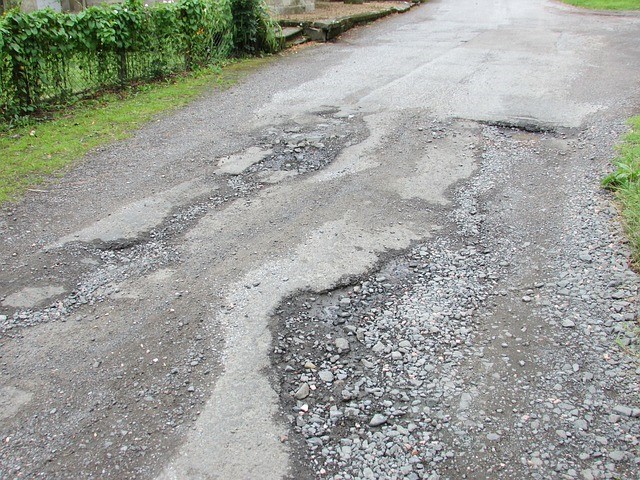
- A £30bn package for England’s roads, including repairs to motorways and potholes
- A 30% growth in infrastructure spending
- Opening the use of e-passport gates at airports – currently available to people from Europe – to those from the USA, Canada, New Zealand, Australia and Japan
- Air Passenger Duty to be indexed in line with inflation
Environment and energy
- A new tax on plastic packaging which does not contain 30% recyclable material
- No tax on takeaway coffee cups but to be reconsidered if the industry doesn’t make enough progress
- £60m for planting trees in England
- £10m to deal with abandoned waste sites
Nations and regions
- An additional £950m for the Scottish government, £550m for the Welsh government and £320m for a Northern Ireland Executive in the period to 2020-21
- New City and Growth deals for Belfast, north Wales and the Tay Cities area, which includes the cities of Dundee and Perth as well as Angus and the north part of Fife,
- £2m for Belfast to help recover from August’s Primark fire
- £70m to develop the Defence and National Rehabilitation Centre near Loughborough
Chancellor Hammond promised to help strivers, grafters and carers who are “the backbone of our community and economy” in the coming year.
Winners and losers of the 2018 Budget
Winners
First-time buyers
Stamp duty is to be extended for first-time buyers who are in shared ownership on properties worth up to £500,000.
This stamp duty relief will be effective on all homes bought on or after 29 October and it will be backdated to November 22 2017.
Mr Hammond said in the Budget today that 121,500 first-time buyers had already benefited from the scrapping of stamp duty after it was brought in last year
Drivers
Fuel duty remained the same for the ninth year in a row after the Chancellor ditched a planned 2p-a-litre rise in a bid to ease the burden on motorists.
The tax on fuel currently stands at 57.95p per litre of petrol, diesel, biodiesel and bioethanol.
The freeze, which was announced in Philip Hammond‘s Budget today, is a huge victory for The Sun’s long-running Keep It Down campaign — and for our readers.
A £420million fund was also confirmed for the Local Highway Authorities to spend on repairing potholes, bridges and other minor works in the next financial year.
Here’s what Philip Hammond announced in his Budget at a glance
Workers
Millions of workers will get an extra boost in their pay packet as the Chancellor confirmed he will increase the personal allowance to £12,500 from April 2019.
It currently stands at £11,850 and it had been predicted this would be frozen, instead of increased.
The change means workers will get an extra £120 in their pay packet if they pay the basic rate of tax.
The personal allowance for higher-rate taxpayers will rise to £50,000, from £46,300, giving these workers an extra £860 a year.
Low-earners
The National Living Wage will rise to £8.21 from April 2019, it was confirmed.
It will rise from £7.83 meaning a 5 per cent boost for Britain’s lowest paid workers.
Mr Hammond said today: “From April the National Living Wage will rise again, handing a full-time worker a £690 annual pay increase.”
The price of beer will not go up, it was confined today
Universal Credit claimants
Extra funding will be made available for those claiming Universal Credit and 2.4million households are set to benefit, Mr Hammond confirmed.
The Work Allowance element of the new welfare scheme will be increased to £1,000 – allowing millions of people to earn £630 more from next April before their benefits are slashed.
Low-income families
A new low-interest loan system was announced for those in serious debt.
It will provide an alternative for those who rely on high-cost credit and will see the government working with banks and leading debt charities to help design a pilot scheme that will launch early next year.
Beer and spirit drinkers
Beer, cider and spirits will not go up in price as the Chancellor confirmed a one-year tax freeze on them in today’s Budget.
In an early Christmas present for drinkers and struggling pubs across the country, the Chancellor scrapped a planned tax hike in line with inflation, which would have seen prices rise by 3.4 per cent.
The planned tax hike would have added as much as 30p to the price of a bottle of spirits such as gin and whisky.
High-street shops
In a bid to solve the housing crisis, empty high-street shops could be turned into homes, it was announced.
The Chancellor said he will consult on relaxing planning rules as he pours £675million of funding into the struggling high street.
This will not only increase the supply of housing, it will also help regenerate battered high streets as it would ensure that more empty storefronts could become family homes.
Stamp duty tax breaks will be extended for those in shared ownership
Losers
Smokers
The cost of cigarettes is set to soar to £10 a pack as the Chancellor confirmed a hike in tobacco tax.
Mr Hammond is raising the tobacco duty by two per cent above September’s inflation rate of 2.4 per cent, which adds roughly 24p, excluding inflation, to a pack of cigarettes.
The average pack of fags in the UK currently costs £9.91, according to figures from Statista.
Wine drinkers
Although there will be a freeze on the duty for beer, cider and spirits, wine duty will rise in line with inflation by 3.4 per cent.
This will add 7p to a bottle of wine and 9p to a bottle of fizz.
The price of high-strength cheap white ciders will also go up. The rises will take place from February 1, 2019.
Digital firms
A new digital services tax will be introduced from April 2020 for technology firms.
It will apply to “established tech giants” Mr Hammond said, such as Amazon and Facebook and it is hoped it will raise £400million to pay for public services.
What the Budget 2018 means for you…
With no significant tax or pension changes in today’s Budget, planning can be undertaken for the tax year ahead with confidence. The key planning points from the 2018 Budget are:
Income tax
The personal allowance and higher rate threshold will increase earlier than expected to £12,500 and £50,000 respectively from April 2019. The income tax rates and bands for Scottish taxpayers will be announced in Scottish Budget on 12 December.
There are no other changes to income tax bands or allowances.
Pensions
The pension lifetime allowance (LTA) will rise to £1,055,000 from April 2019.
Reassuringly, there are no changes to pension annual allowances (AA). The standard AA remains at £40,000, the money purchase AA stays at £4,000 (with no carry forward) and there are no changes to the high-income AA taper rules. There were predictions in relation to an attack on Pension savings for Higher Earners. Chancellor Hammond is now unlikely to make amendments to the AA in any Spring ‘Emergency’ Budget.
Capital gains tax
The capital gains tax allowance will increase by £300 to £12,000 from April 2019.
Inheritance tax
As expected, the IHT nil rate band will remain frozen at £325,000 until April 2021.
The residence nil rate band will increase from £125,000 to £150,000 from April 2019, allowing some couples to leave up to £950,000 to future generations free of IHT.
Trust taxation
There will be a consultation to consider the simplification and fairness of trust taxation.
The existing IHT regime for trusts is notoriously complex and any attempt to simplify it is extremely welcome. Removing the complexity of trust tax charges would allow advisers to concentrate on the benefits a trust can offer their clients to control their affairs, without them being fearful of charges they don’t fully understand.
ISAs
Annual ISA limits stay at £20,000 per person, with no reduction in the range of ISA options available to meet different needs.
IPT remains at 12%
Thankfully for consumers there was no increase to Insurance Premium Tax (IPT). IPT remains at 12% following three increases since 2015.
IPT is a tax on often essential insurance products that protect responsible consumers. Thankfully, consumers of insurance products can gather some relief for now, but surely the Government should understand the need for improving insurance protection, rather than creating a negative impact to cost and therefore cover benefits.
We trust the Summary of the 2018 Budget helps you. If you have a need for advice, simply get in touch as always.